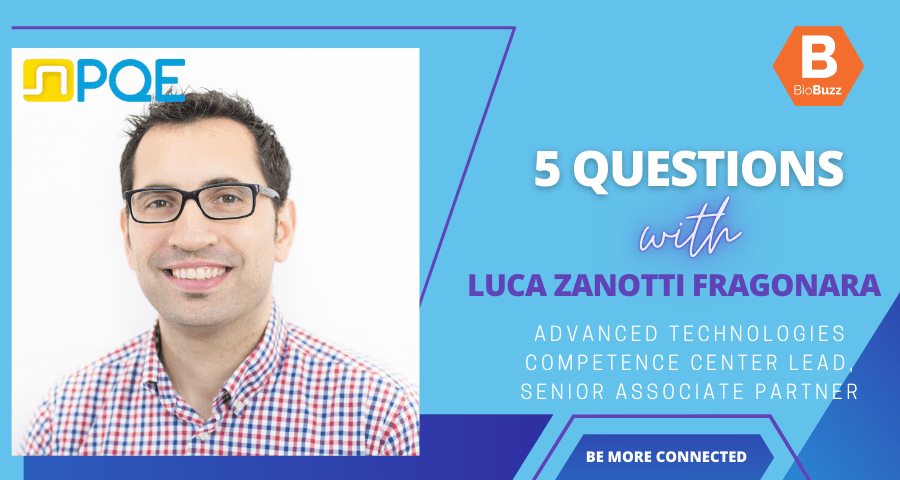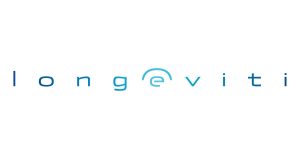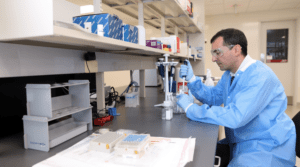
5 Questions with Luca Zanotti Fragonara, Advanced Technologies Competence Center Lead, Senior Associate Partner, PQE Group
August 19, 2024
| This article is part of our 5 Questions With series, one of our ongoing People & Places Features. We love it because despite the consistent questioning, the answers are all unique. Be sure to FOLLOW us on LinkedIn to tell us what you think. |
1. Please introduce yourself to our audience by looking back at your education, training, and career path.
My career path is somewhat unique. I began by studying Structural (Civil) Engineering at Politecnico di Torino, one of Italy’s leading higher education institutions. However, I was always deeply intrigued by data and AI algorithms. During my MSc, I spent a year in the UK at Cardiff University, which played a significant role in developing my passion for research and exploring innovation challenges. This experience ultimately led me to pursue a PhD at Politecnico di Torino. As part of my doctoral studies, I also conducted research in Paris. Over those three years, I focused on Structural Health Monitoring—a field where AI is applied to Engineering Systems—allowing me to work on projects across various engineering sectors, including Civil, Mechanical, and Automotive. This diverse experience helped me develop transferable skills, enabling me to transition to Cranfield University in 2014 as a Post-Doctoral Research Fellow. There, I began applying AI algorithms to data from the Aerospace industry. I was later appointed Lecturer in 2016 and then Senior Lecturer in 2019; during this time, I contributed to establishing the UK’s first MSc in Applied AI at Cranfield University. In 2021, I decided to return to Italy to take on a new opportunity with PQE Group.
2. Can you share more about your specific role at PQE Group? What are your main goals in this role, and what’s your favorite part about your job?
I currently serve as the Lead for the Advanced Technologies Competence Centre at PQE Group, a division I helped establish when I joined the company in 2021, with the support of the CEO Gilda D’Incerti and the Executive VP, Danilo Neri. My primary responsibilities include building and leading a team of experts specializing in AI technologies and the validation of AI models. The Competence Centre offers a range of services, from ideation and design to implementation and validation of AI technologies. We’ve already developed a broad customer portfolio and are continually expanding our reach. Our goal is to position the Competence Centre as a center of excellence and a key asset for PQE Group, driving innovation and research and development for both our clients and internal projects.
What I particularly enjoy about my role is the dynamic nature of the work. Because the field of AI is constantly evolving, my job requires continuous innovation, development, and the expansion of methodologies to keep pace with the latest advancements. This ensures that no two days are ever the same, and it keeps the work both challenging and exciting.
3. Can you tell us more about why companies should consider partnering with PQE Group and what type of services you offer to your clients?
PQE Group stands out for its specialized focus on Life Science and Quality, offering deep vertical expertise in validation that few companies can match, especially with our global customer portfolio. When it comes to AI technologies, we have developed a unique framework for validating AI tools. This framework not only ensures compliance with industry regulations but also addresses one of the biggest challenges in AI adoption: quantifying the uncertainty associated with these technologies. By providing quantitative assessments of AI algorithm performance, we help bridge the gap between innovation and regulatory acceptance.
As for our services, we primarily function as “Validation Scientists,” combining the expertise of Data Scientists with the deep understanding of validation requirements and GxP system acceptance criteria. In addition, we can support clients as business analysts or assist with the implementation of their desired solutions, either through our in-house capabilities or our extensive network of partner companies. This comprehensive approach ensures that our clients receive tailored, end-to-end solutions that meet the highest standards of quality and compliance.
4. Consulting is becoming a popular career path, particularly for scientists and medical professionals. What, in your opinion, are the top skills needed to be successful in a life science-focused consulting role?
To succeed in a life science-focused consulting role, I believe it’s essential to strike a balance between technical expertise, soft skills, and business acumen.
Technical expertise is, of course, fundamental and must be aligned with the consultant’s specific area of focus—whether it’s Artificial Intelligence technologies, regulatory compliance, or another specialized field. This expertise forms the foundation of the consultant’s ability to provide valuable insights and solutions.
However, technical know-how alone isn’t enough. Soft skills are equally important, particularly communication, empathy, and the ability to build strong relationships with clients. These skills help a consultant translate complex technical information into actionable advice that clients can understand and implement. They also enable consultants to navigate the often complex dynamics of client interactions.
Lastly, business acumen is crucial. Understanding the broader business context in which your clients operate allows you to provide solutions that are not only technically sound but also strategically aligned with their business goals. This is where many consultants fall short, often focusing on just one or two of these areas.
To truly excel, it’s vital to invest time and effort into developing all three aspects. I often advise aspiring consultants to put themselves in their clients’ shoes—this mindset shift can help you better understand their needs and expectations, which is easy to say but challenging to execute effectively in practice.
5. Now for the fun question – what is the best piece of advice that you’ve ever been given?
The best piece of advice I’ve ever received is to truly listen when people are speaking with you. In both professional and personal conversations, it’s common to see people distracted or unfocused. By giving someone your full attention, you show them that you value what they have to say, which can make a significant difference. It’s a simple yet powerful way to build stronger connections and demonstrate respect and it really matters to me.
- About the Author
- Latest Posts
BioBuzz is a community led, experience focused, biotech and life sciences media and events company. BioBuzz highlights regional breaking news, industry professionals, jobs, events, and resources for business and career growth. Their weekly newsletter is subscribed to by thousands in the BioHealth Capital Region and Greater Philadelphia as the go-to for industry updates.







